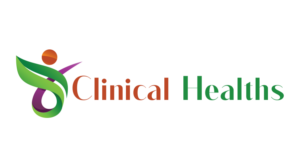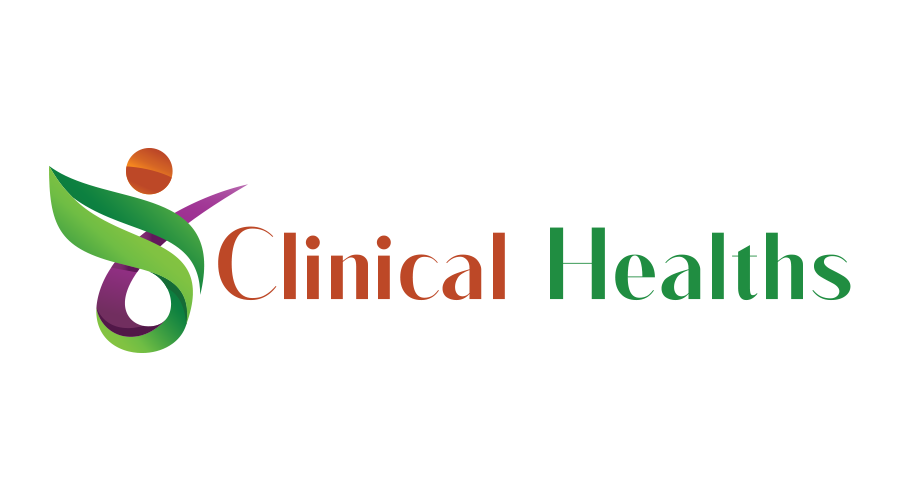Patient care and satisfaction are vital components of the healthcare industry. An important solution to maintaining and improving these factors has been the use of CRM in the healthcare industry. This technology serves as a tool that helps industry professionals improve services, streamline operations, and enhance patient outcomes.
The Rising Role of CRM in Healthcare
Customer Relationship Management (CRM), though conventionally used in retail and service sectors, has emerged as a game-changer in healthcare services. Adding a CRM system leads to coordinated patient management, improved patient communication, and enhanced health outcomes.
Coordinated Patient Management
The integration of CRM can lead to higher efficiencies and better patient management. By assimilating patient information from multiple sources into one platform, healthcare providers can personalize treatment plans and enhance coordination among different departments. This contributes to more efficient and effective care.
Improved Patient Communication
Communication forms the bedrock of good patient care. Implementing CRM in healthcare settings can improve follow-up schedules, appointment reminders, and personalized communication, creating a holistic and long-term patient relationship.
The Innovative Blend of CRM and EMR
The blend of CRM and Electronic Medical Record (EMR) systems is an evolution in healthcare services that allows industry professionals to access precise, real-time, and reliable patient data. To learn more about healthcare CRM-EMR integration.
Advantages of a CRM in the Healthcare Industry
Investing in a CRM for healthcare has multifold benefits, which are not limited to operational efficiencies but extend to a patient-centric approach, highly personalized care, and meaningful patient engagement. The benefits a CRM in the healthcare industry can provide are multifaceted and significant. It goes beyond streamlining operations to enhancing the patient experience and, ultimately, improving health outcomes.
Conclusion
As technology continues to evolve, so do the demands and needs of the healthcare industry. The role of CRM in healthcare is surging, offering diverse benefits that have a substantial impact on patient experience, engagement, and outcomes. It’s a technology that offers a robust solution for managing patients and improving healthcare services, which makes its adoption a step towards innovation and better patient care.
In the complex world of healthcare, CRM comes out as a versatile and powerful tool that will continue to guide the industry in advancing patient care, ensuring a future where technology and personal touch go hand in hand.
FAQs:
Q: What is CRM?
A: CRM, or customer relationship management, is a technology used to manage interactions and relationships with customers. In the healthcare industry, it is used to improve patient care and streamline processes.
Q: How does CRM benefit patients?
A: By using CRM software, healthcare providers can better track patient information, preferences, and needs. This allows for more personalized and efficient care for each individual patient.
Q: Is CRM only for large healthcare organizations?
A: No, CRM can be beneficial for all types of healthcare organizations, from small clinics to large hospitals. The key is finding the right fit for your specific needs and budget.
Q: Does using CRM mean sacrificing personal touch in patient care?
A: Not at all. In fact, CRM can help enhance the personal touch in patient care by allowing healthcare providers to have a more comprehensive understanding of each patient’s needs and preferences. This allows for more personalized and meaningful interactions with patients.
Q: Can CRM improve communication between different departments within a healthcare organization?
A: Yes, one of the key features of CRM software is its ability to centralize and organize information. This means that all departments within a healthcare organization can access and share important patient data, leading to better collaboration and coordination in providing care.


